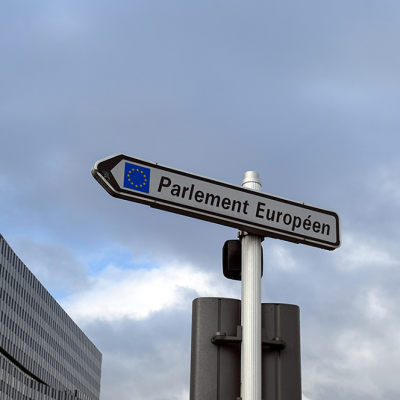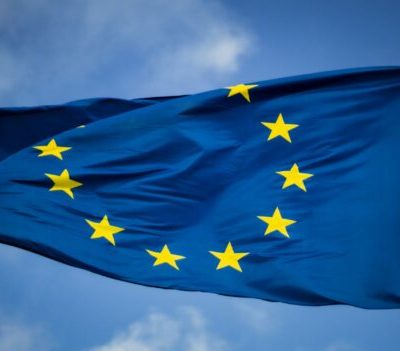Fog in Westminster. Europe cut off
Logically and politically, it is a perfectly tenable position to argue against British membership of the European Union. There are many advocates of that position who have presented the case cogently and sincerely. As an Irishman, I profoundly disagree with this perception of Britain’s national interest as potentially lying outside the European Union. But I accept that such disagreement on my part is arguably neither here nor there. The focus of this pamphlet is rather different, on an issue in respect of which everyone who lives in this country and indeed in the other countries of the European Union has a legitimate interest.

The original version is available on the Federal Trust Website.
The focus of this pamphlet is rather different, on an issue in respect of which everyone who lives in this country and indeed in the other countries of the European Union has a legitimate interest. I strongly believe that the internal debate on the United Kingdom’s role within the European Union is all too often conducted with a lack of intellectual balance and an excess of undirected emotion. Sadly, this undirected emotion can sometimes provoke equally unreflective responses from Britain’s partners. The misconceptions which underlay the French referendum’s rejection of the European Constitutional Treaty were the mirror image of misconceptions widely held in this country.
I hope in what follows to contribute to a European debate, in this country and elsewhere, which is more firmly grounded in reality and logic. The European Union’s British critics usually, and its British advocates sometimes, have for too long conducted the debate without sufficient concern for these two concepts. I offer these thoughts firmly believing that the United Kingdom’s constructive engagement as a key member state of the Union is extremely important both for the United Kingdom and for all the other member states of the Union.
Peter Sutherland




